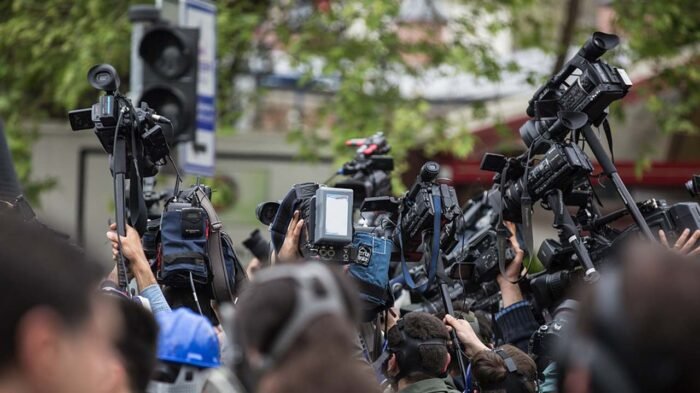THE International Press Centre (IPC) has condemned the arrest and detention of Sodeeq Atanda, a senior reporter with the Foundation for Investigative Journalism (FIJ), describing the action as a blatant attempt to intimidate the press and muzzle independent journalism.
News Point Nigeria reports that Atanda was arrested by officers of the Ekiti State Police Command on Tuesday, September 9, 2025, in Ado-Ekiti. His arrest followed a petition filed by Professor Abayomi Fasina, Vice Chancellor of the Federal University Oye-Ekiti (FUOYE), alleging cyberbullying, blackmail, and criminal defamation.
Despite honouring the police invitation, Atanda was detained for more than eight hours at the State Command Headquarters. According to IPC, he was subjected to degrading treatment, including being forced to walk barefoot within the police premises. He was later granted bail under what IPC described as “stringent and unacceptable conditions.”
In a strongly worded statement issued on Thursday, IPC’s Executive Director, Mr. Lanre Arogundade, denounced the arrest as a direct assault on press freedom and democratic values.
“The unlawful detention of Sodeeq Atanda is nothing short of an attempt to intimidate journalists and stifle press freedom,” Arogundade said.
“The Police should desist from being used by elites to harass, arrest, and detain journalists. Instead, they should protect the principles of democracy and uphold the rule of law.”
Arogundade further warned that such actions send a dangerous signal to the media community and undermine Nigeria’s commitment to free expression.
IPC also expressed concern over the repeated harassment of Abdulaziz Aliyu, a Kano-based journalist with Waraka Online TV.
According to Yakubu Salisu, Chairman of the Association of Kano Online Journalists (ASKOJ), Aliyu has faced constant intimidation and was detained over a report he published several months ago.
SPJ-Hub, IPC’s Safety and Protection of Journalists platform, called on the Kano State Police Command to immediately cease the harassment and allow journalists to carry out their duties without fear.
IPC stressed that when public figures or institutions have grievances over media reports, they should seek legal redress through proper judicial channels rather than resort to arrests and unlawful detentions.
“If the Police or complainants have issues with published reports, the lawful and democratic process is to approach the courts, not to resort to self-help or intimidation,” IPC said.
Media rights advocates have warned that the spate of arrests, threats, and lawsuits against journalists poses a significant danger to Nigeria’s fragile democracy.
Human rights organisations have urged law enforcement agencies to balance their duty of maintaining law and order with respect for constitutional rights, especially freedom of the press as guaranteed under Section 39 of the 1999 Constitution.
IPC vowed to continue monitoring the situation and provide legal and moral support to journalists facing persecution in the line of duty.







